Scottish energy secretary: ‘Lives could be lost’ as UK energy prices soar
The Scottish government’s energy secretary says there is a “real risk that lives could be lost” amid the UK government’s failure to sufficiently deal with the scale of the financial crisis facing many households as a result of soaring energy prices.
Speaking with BBC’s The Sunday Show, Michael Matheson called on Sunday for further action from the UK government to help those on low incomes deal with the financial crisis.
He said the action proposed by the UK government was “insufficient” to deal with the scale and nature of the crisis.
Earlier, UK Energy Minister Greg Hands said the UK government was providing support for those on low incomes to compensate for the 54% rise in the average energy bill, which is set to be implemented from April.
The Bank of England has warned that rising energy prices meant the UK was about to endure the biggest fall in living standards since comparable records began three decades ago.
Matheson also said the 54% rise in the average energy bill would be compounded by the increase in National Insurance contributions and the cut in universal credit.
“There is a real crisis building here,” he said. “It has been on the cards for some time now and action from the UK government is wholly inadequate to deal with it sufficiently.”
“There is the real risk that lives will be lost this year,” the energy secretary stated.
The sharp rise of gas and electricity bills comes after energy regulator Ofgem announced a record-breaking increase to its price cap.
In a statement on Thursday, Ofgem said it had no choice but to raise the cap, which covers around 22 million households, following record global gas prices last year.
Critics say the price rise would have a destructive effect, with low-income families unable to afford the prices and middle-income families forced to cut back on spending elsewhere, in order to provide their energy costs.
The Scottish energy secretary further said, “There is a very serious risk that if fuel prices stay high over the course of the next couple of years, and that could be the case, it could actually end up forcing more homes into poverty because households are not only having to face high fuel prices but they are also having to face paying back the loan.” He explained that fuel poverty was estimated to increase by more than 200,000 homes to almost 900,000, adding that some of those homes would be facing extreme fuel poverty.
D-8’s role in Iran’s economy after Cairo summit
China slams US as ‘war-addicted’ threat to global security
China ‘firmly opposes’ US military aid to Taiwan
VIDEO | Press TV's News Headlines
President Yoon Suk Yeol to be removed from office
At least 19 Gazans killed by Israeli airstrikes since dawn: Medics
Leader: Iran neither has nor needs proxy forces
US fighter aircraft shot down ‘in friendly fire’ amid aggression on Yemen


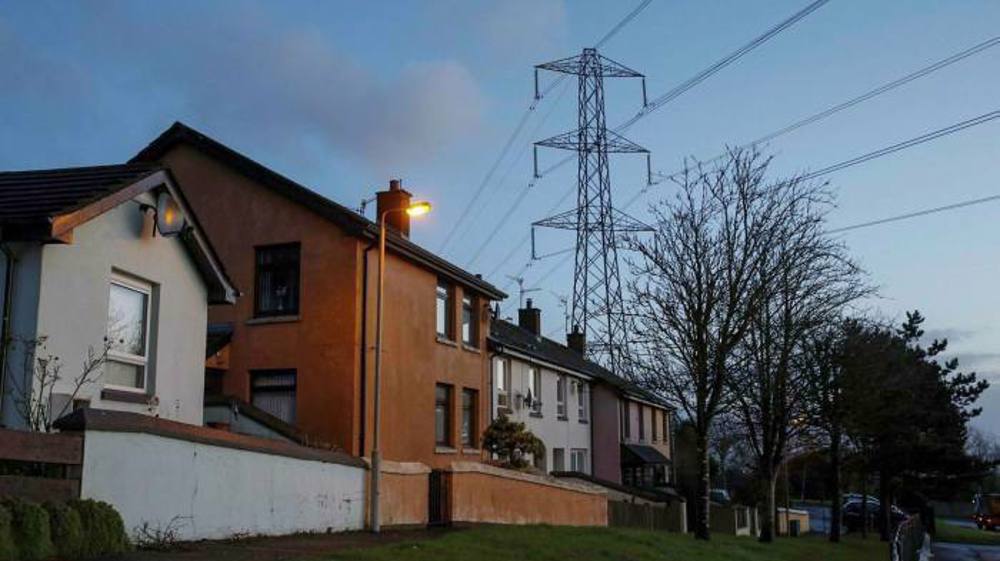
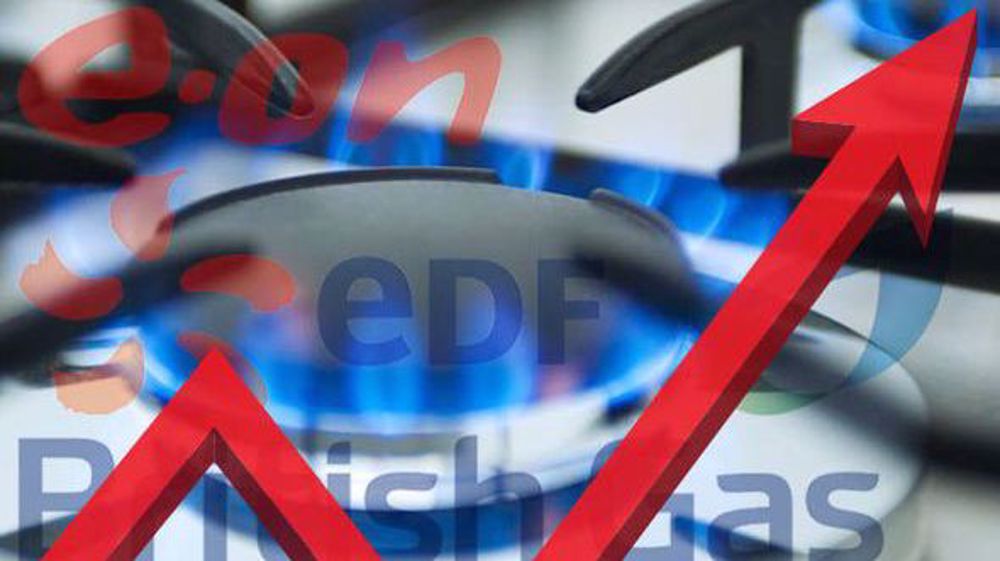

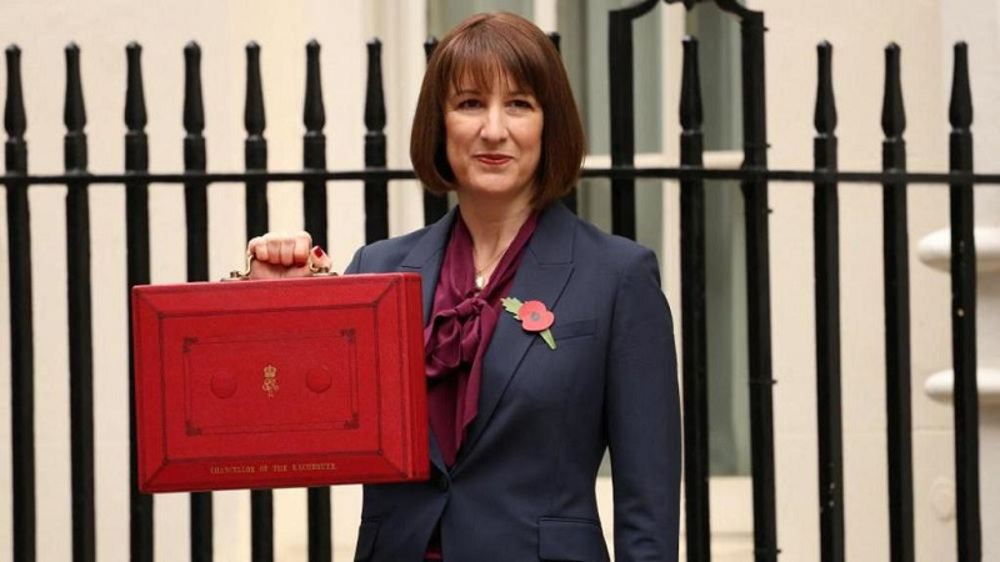




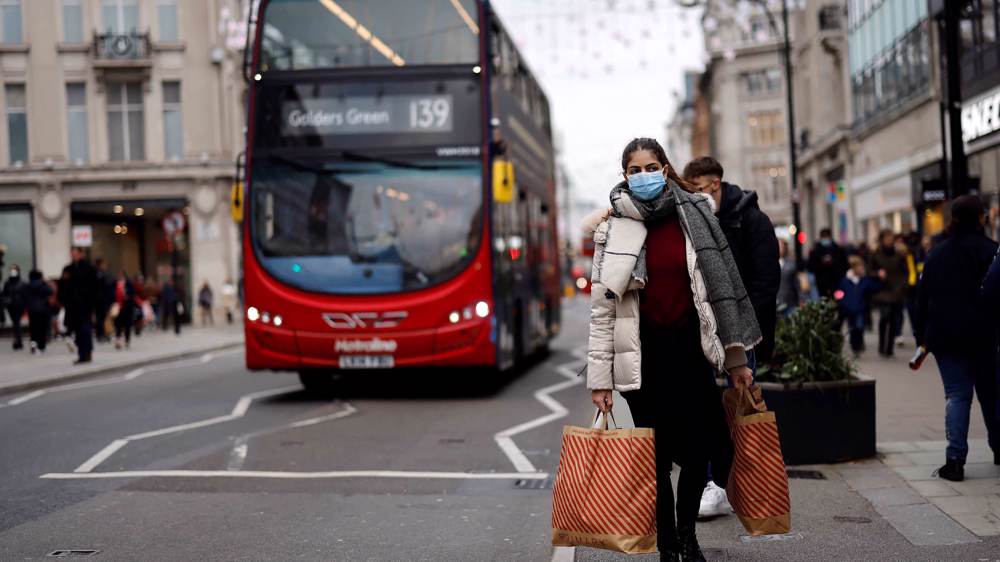

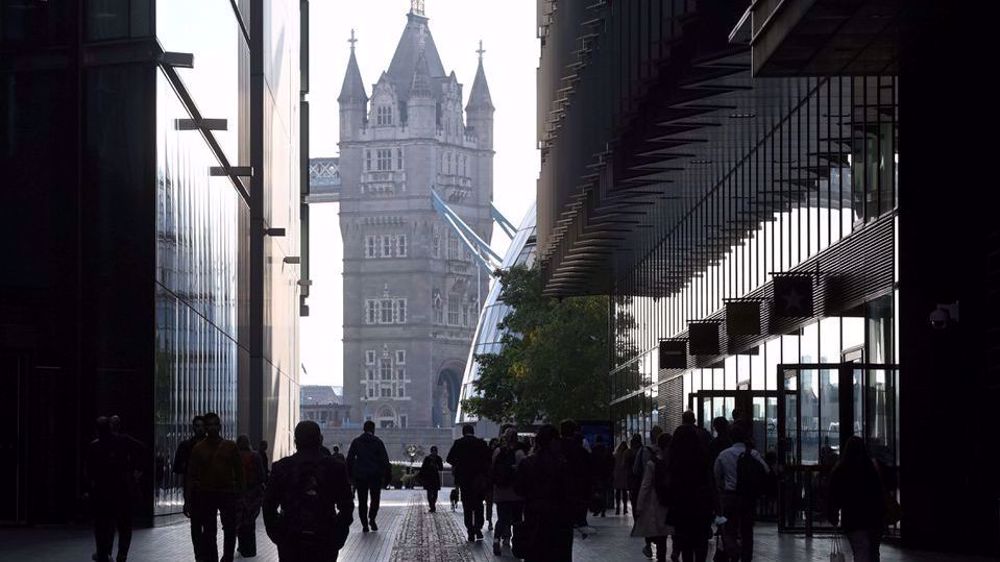

 This makes it easy to access the Press TV website
This makes it easy to access the Press TV website